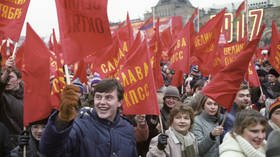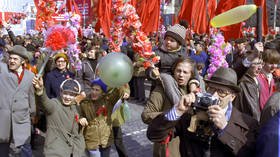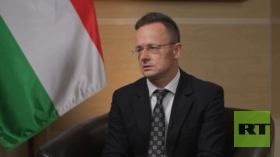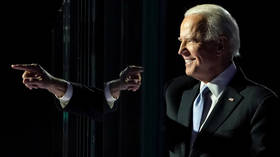USSR could have avoided collapse – party leader

The USSR, the communist super-state that was once the world’s largest country, could have avoided collapse if a number of flaws had been rectified, one Russian politician has claimed as the 30th anniversary of its demise looms.
Speaking to RIA Novosti on Wednesday, Sergey Baburin, the leader of the nationalist Russian All-People’s Union party said that the union “is a historical form of Russian civilization in the 20th century.”
According to him, the Belovezha Accords, signed three decades ago on December 8 between the leaders of the communist Republics of Russia, Ukraine, and Belarus and which led to the hammer and sickle being lowered over Moscow, “destroyed the unity of the peoples of historical Russia.”
Baburin accused “internal and external enemies” of dismantling the USSR. “The Soviet Union could and should have remained… while ensuring the preservation of a single economy, a single trade, humanitarian and other space of transformation,” he claimed.
The politician said that the union had only two shortcomings, one of which was the state appropriation of property under socialism. He also stressed the importance of cultural-historical and spiritual-moral traditions “based on the Orthodox values.”
Baburin’s remarks come as the 30th anniversary of the dissolution of the USSR creeps closer. At the end of 1991, then-President Mikhail Gorbachev announced his resignation, marking the final nail in the coffin for the state.
A poll from the Russian Public Opinion Research Center published on Monday found that around one in five citizens are now unaware of what the acronym USSR stands for. A total of 1,600 people were surveyed, but most of the respondents who failed to recall the union’s full name were between 18 to 24 years old, meaning that they were born after its dissolution.
Many of the people questioned had positive associations with the Soviet Union, with more than a fifth of those attributing stability, peacefulness, and hope for a brighter future with the communist era. A total of 13% noted good emotions and pleasant memories, while the biggest negative connotations were shortages and long lines in stores, particularly common in the perestroika era, which 5% of people polled pointed to.















